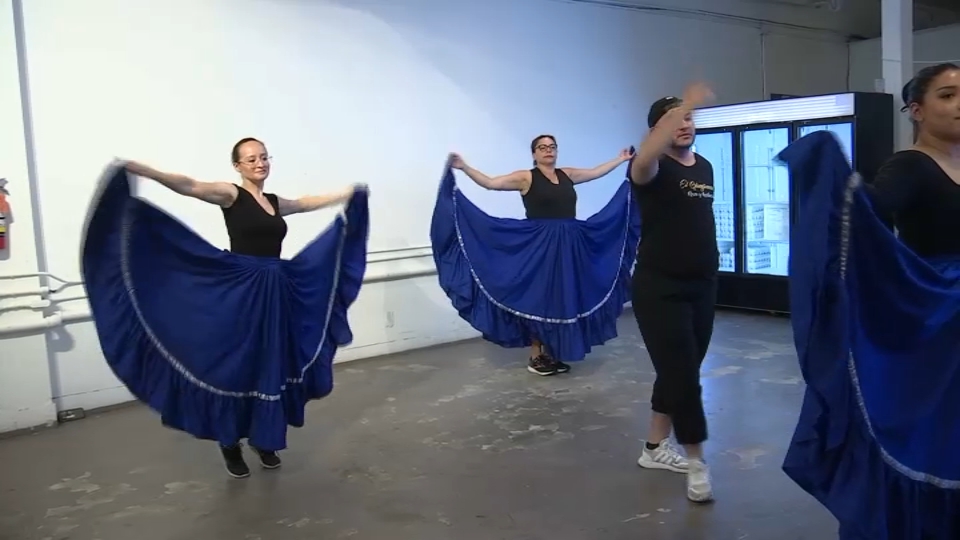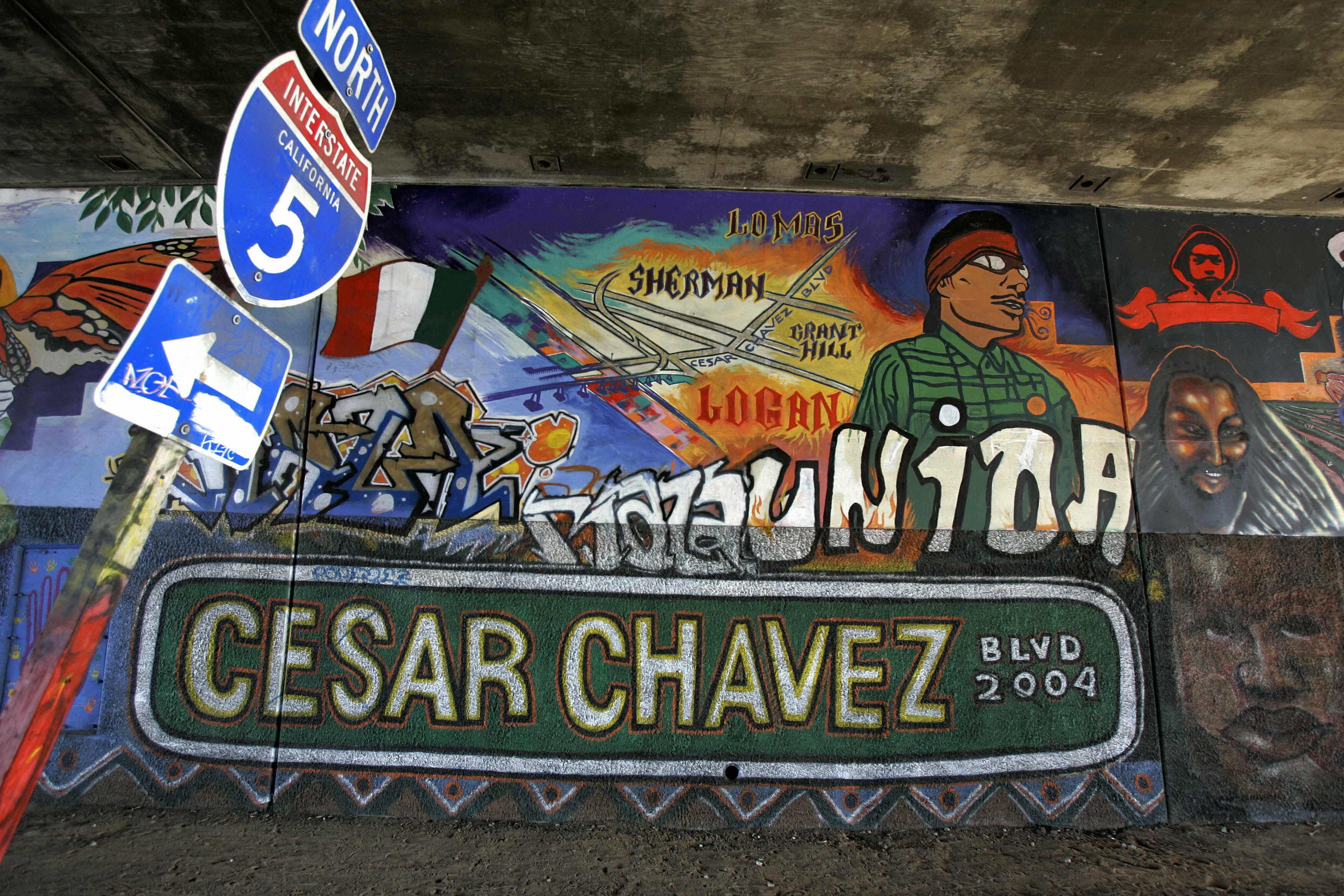The normally bustling Potrero del Sol skatepark in San Francisco was uncharacteristically quiet on a recent weekday morning, as Chico Brenes coasted his skateboard onto the graffiti-covered concrete. A young skater stepped off his board and marveled at this arrival of skating royalty.
More than three decades back — long before the skatepark was built — Brenes attended school just a grass field away. He was newly arrived in San Francisco following a month-long trek from Nicaragua, across the U.S. border near Tijuana led by a paid guide known as a coyote. He arrived in the city an undocumented foreigner, with no English skills and hailing from a country wrapped in revolution.
“It’s not an easy journey coming through, taking that journey,” Brenes said, sitting on a concrete ramp. “You might not make it.”
Thirty-eight years after that fateful crossing, Brenes has made it, becoming a Bay Area pro skateboard legend - his own brand Chico Stix emblazoned on boards ridden on skateparks and sidewalks around the world, an Instagram page with 120,000 followers, and widespread fandom of his humble personality and dynamic skating.
“This kid from this small town in Nicaragua was able to accomplish these things,” he beamed, “it’s just a message that you can do it, anybody can do it.”
Brenes was born in 1975, in a small poor town of dirt roads and people showering in the river.
It’s a statement that in 2005, Brenes returned to his humble Nicaragua origins to open the country’s first dedicated skate shop, bringing a cadre of thirty pro skaters to put on demonstrations and give-away skateboards to help try and spark a skating revolution — a triumphant homecoming for a native son who once fled the violence of his country’s revolution that would intimately touch his family.
“My mom was shot in the face actually by the contra-revolution,” he recalled of the era in the late 1970s, when a revolutionary force arose to overthrow the Somoza regime.
Brenes’ mother survived and fled to the U.S. where she arranged her son’s cross-border sojourn to the U.S. He remembered crouching in bushes as helicopter search lights bore down on his travel party, or the time when he cowered along a road as a border patrol agent smoked a cigarette so close he could smell its vapor.
Get a weekly recap of the latest San Francisco Bay Area housing news. >Sign up for NBC Bay Area’s Housing Deconstructed newsletter.
He wasn’t long in the new world of San Francisco before he saw something that would change his life — a skateboard. The first time he saw someone ollie he fell under its spell. His grandmother bought him a ten dollar plastic board from Toys-R-Us and he took to the streets.
“My board was always, always, everywhere I went,” he said, recalling the time he hauled his precious board on a childhood trip to Disneyland.
Brenes honed his skating chops on the frenetic underground skating scene at San Francisco’s Embarcadero Plaza which had become a world famous destination for street skating. The homemade videos became the skaters’ conduit to the outside world and fame — videos of Brenes launching himself skyward pulling off a backside flip or some other tactical maneuver put him on the radar.
He was eventually approached to go pro by a large skateboard company — Brenes didn’t know he’d arrived until a local skate shop owner informed him of the new Chico Brenes board hanging on the wall. He traveled the world in competitions and demonstrations, cementing himself as a skater’s skater.
“Having a board with your name was something you worked for like forever,” he said.
Sometime during the pandemic, an Instagram follower expressed his awe for Brenes’ ability to pull-off insane tricks on boards of many different shape - and mused Brenes could probably even ride a two-by-four board. Brenes rose to the challenge, and screwed a set of trucks and wheels onto a wooden board and rode it at Potrero del Sol Skatepark. Videos show him flipping the board in the air, deftly landing back on the plank in time to coast back down the ramp to cheers.
Brenes seized on the momentum of the novel achievement and started his own skateboard and clothing brand called Chico Stix - its logo a board with skateboard wheels.
“It all came from that two-by-four,” he laughed.
With his dual threat as an avid surfer, Brenes recently added cycling to his quiver a couple years ago as a means of therapy for an injured knee. Like the skateboard, the experience drew him in — he’s now getting his own endorsement bicycle and regularly suits up in bicycle gear to ride dozens of miles at a time.
This fall, he plans to ride his bike to the border of Tijuana, the place where he crossed into the U.S. as both a goal and gesture.
“The whole point of the ride is just to bring awareness to the crisis at the border,” Brenes said, recalling his own harrowing journey across.
When asked what the child Chico Brenes would think of the success of the adult Chico, he paused and stared out at the graffiti covered skatepark.
“I would have pretty much laughed,” he said as the park began to fill with fellow skaters and he reflected on his life’s journey. “I never took anything for granted.”



